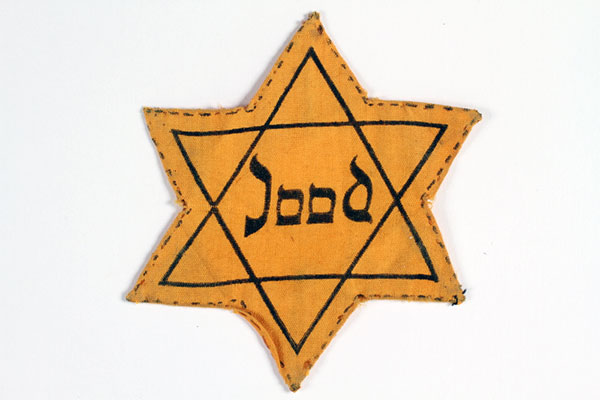-
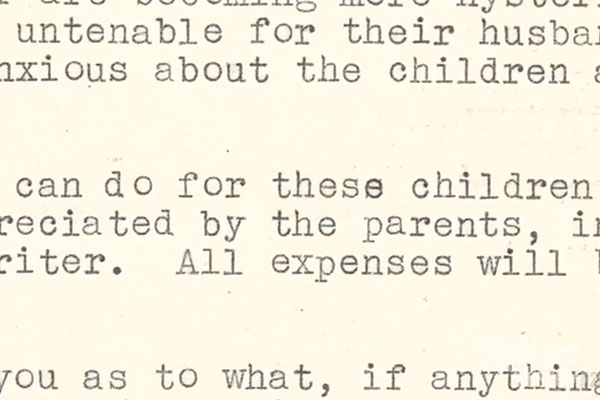
Friends Indeed: The American Friends Service Committee Collection
Librarian Ron Coleman is joined by Susan Warsinger, a Holocaust survivor whose escape from Nazi-occupied Europe is documented in one of the collection’s over 20,000 files.
-
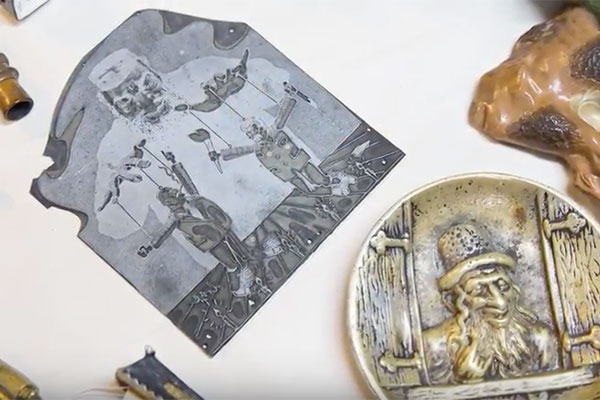
The History of a Hatred: The Katz Ehrenthal Collection
Chief Acquisitions Curator Judy Cohen explains how this collection of antisemitic materials, some around 500 years old, demonstrates that the stereotypes and images found in Nazi propaganda were not new but were already familiar to their intended audience.
-
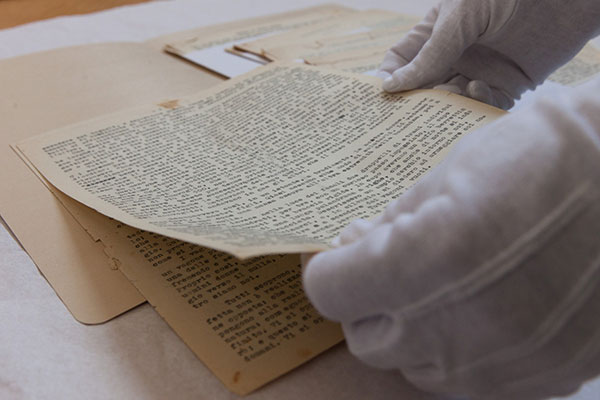
Pages from a Work in Progress: The Primo Levi Collection
On January 27, 1945, Primo Levi was among the prisoners who were liberated from Auschwitz by the Soviets. After returning to his native Turin, Italy, Levi began writing about his experiences. Hoping to have his work published, he sent a draft of his work to a cousin who had emigrated to the United States. This episode explores the significance of the typescript that Levi's American relatives recently donated to the Museum and the importance of his memoir, Survival in Auschwitz.
-
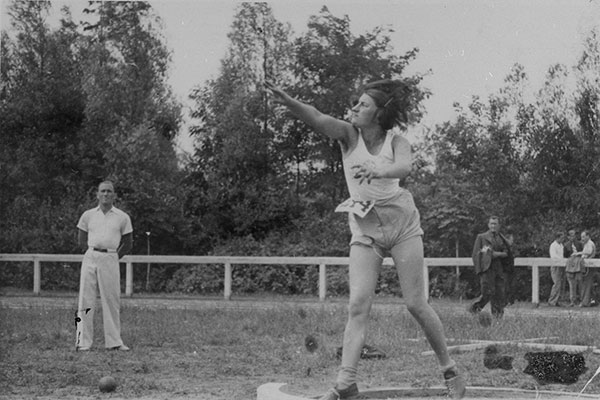
A Life Left Behind: The Leah Grochowska Gutman Collection
In 1938, Leah Grochowska (later Gutman) left her home in Bialystok, Poland, to join her brother in Palestine. In 2008, she donated a collection of photographs and other items to the Museum. As Suzy Snyder explains, these items help to document the life of one Jewish community in Poland on the eve of the Holocaust.
-
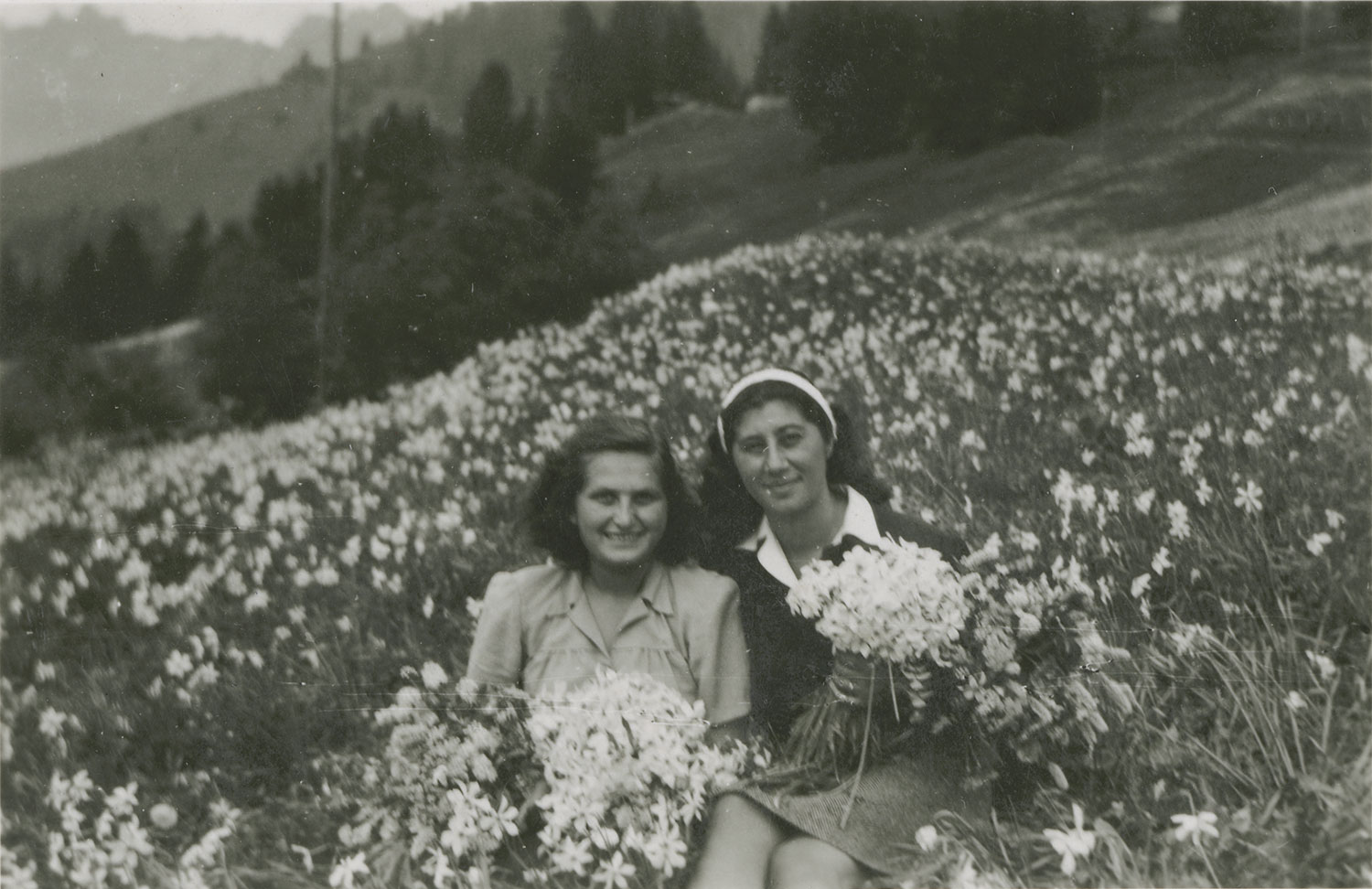
Uncovering a Mother’s Past: The Eva Weinberger Cohen Collection
Chief Acquisitions Curator Judith Cohen shares photographs Eva Weinberger Cohen's children donated to the Museum after their mother's death. Eva had never spoken about her life before she came to the United States. Find out what Eva's children were able to discover and why the photos are so significant.
-
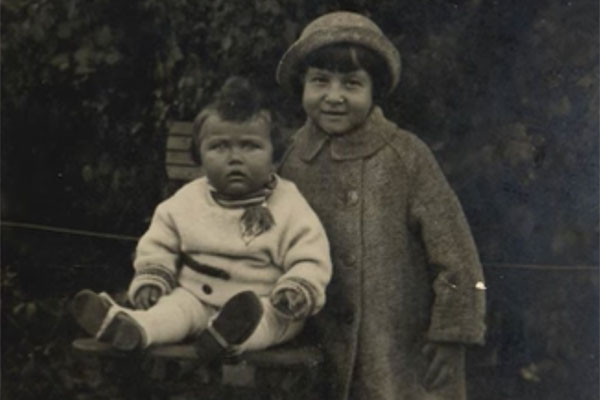
A Father’s Search: The Marokus Collection
In 1938, Leon Marokus came to the United States from Lvov, Poland. His plans to have his wife and daughters join him were disrupted by World War II. Suzy Snyder shares a collection of letters that document both Leon's efforts to bring his family to the United States from 1938 through 1941 and his search after the war for his younger daughter Pola, who was believed to have survived the Holocaust.
-
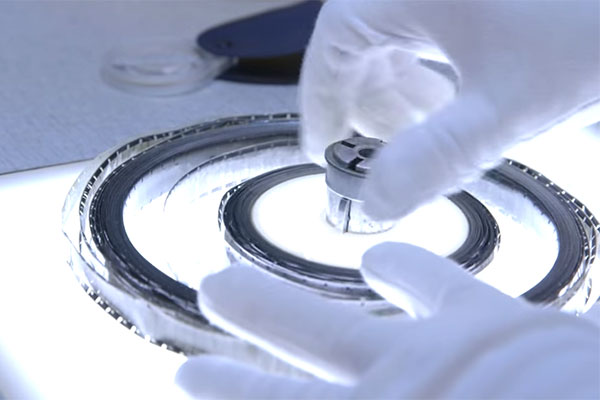
Rescuing Film: Preserving the Robert Gessner Collection
In 1934, Jewish American writer Robert Gessner traveled to Europe and the Middle East, where he filmed at least ten reels documenting Jewish life. Film archivist Lindsay Zarwell shares some of the images he captured and explains how our colleagues at Colorlab and Video and Film Solutions helped us restore and preserve this very rare footage.
-
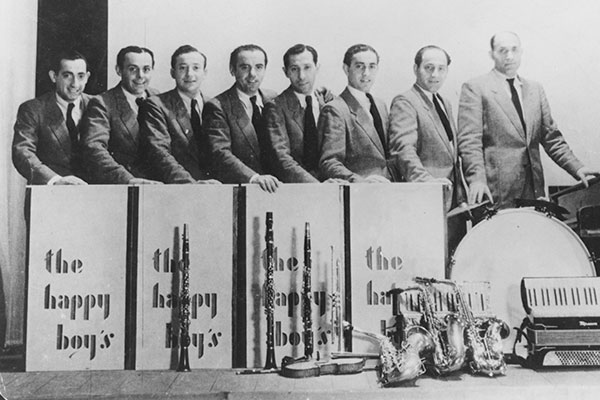
We Long for a Home: The Henry Baigelman Collection
Born in Łódź, Poland, in 1911 to a family of professional musicians, Henry Baigelman was a violinist and saxophonist. After the war, he organized an ensemble, named the Happy Boys, and wrote and performed songs in displaced persons camps. In this episode of Curators Corner, the Museum’s Bret Werb shares what Henry’s music reveals about the longing survivors felt for a home after the Holocaust.
-
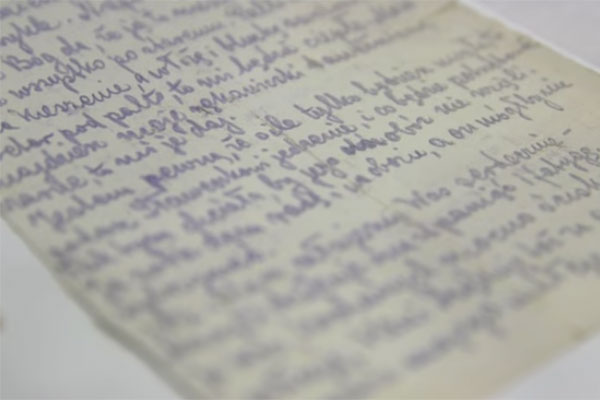
Letters to Łódź: The Zineski Collection
Catholics from Łódź, Poland, Wiesław Żyźniewski (later Wesley Zineski) and his mother, Janina, were arrested in 1942 for their resistance activities, imprisoned, and then sent to Auschwitz. In this episode of Curators Corner, the Museum’s Kyra Schuster shares the letters that Janina wrote to her own mother while she was a prisoner.
-
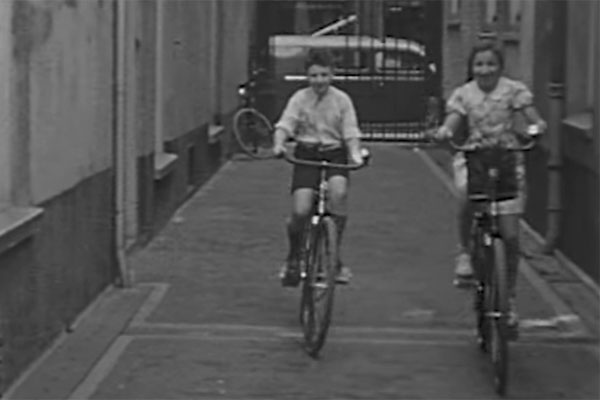
Fragments of Childhood: The de Groot Family Home Movies
From 1936 to 1941, Louis de Groot’s father, Meijer, used his eight-millimeter movie camera to record daily life with his young Jewish family in the Netherlands. Museum archivist Lindsay Zarwell shares the ordinary, personal moments Meijer captured—walking through the park, ice skating, visiting with friends—before the family went into hiding to escape Nazi persecution.
< The Museum's Collections
Curators Corner
Extraordinary Stories Behind the Objects in Our Collections

